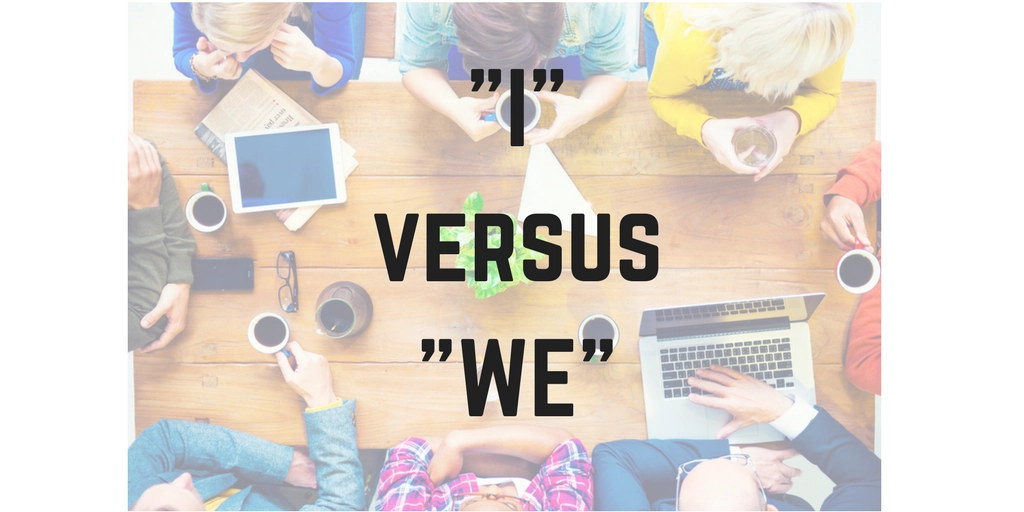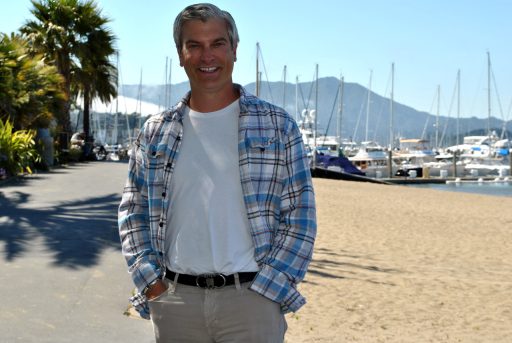 If you haven’t had a chance to listen to David Hassell’s interview with me, I highly encourage you to download it here.
If you haven’t had a chance to listen to David Hassell’s interview with me, I highly encourage you to download it here.
David created a powerful company on one simple idea. He and his team at 15Five understand that traditional organizational feedback tools often fall short of their expectations. So, they created a fairly simply business journaling tech system that takes just 15 minutes of a team member’s time to write a quick update and a supervisor just 5 minutes to read.
During our interview, David shared that his simple software is having a big impact on helping teams better communicate. Since he and his team are experts on helping teams, we both found it a bit ironic that his biggest struggle from Founder to CEO was his mental and verbal focus on his team.
Allow me to summarize what David said.
David describes feeling the weight of responsibility for growing his company until he starting changing his language. He found himself wishing that his team took more ownership for the issues and opportunities that arose as 15Five began to scale.
Rather than using “I” frequently, David started using “we” when talking about his company.
David’s own mindset shift led to a language shift which then had the effect of encouraging his team members to take more ownership for the company mission. Things started taking off from there.
It’s funny how that works. As a Founder & CEO we cling tightly to the reigns of the company we started. It’s hard to move from “I” to “we” when we have poured so much of ourselves into the company. We want others to increase their ownership attitude to equal our own. But, sometimes we don’t want to give up some of that control so as to make space for others to develop an ownership attitude.
Maybe the real “equity” (“the quality of being fair,” according to the dictionary) in a startup or growth-focused company occurs when we reduce our ownership attitude and start sharing some of that with our team members so they have the space to increase their ownership attitude.
Do you use “I” in your mind and in your language more then “we”?
Listen to David’s interview and let me know what you think.


